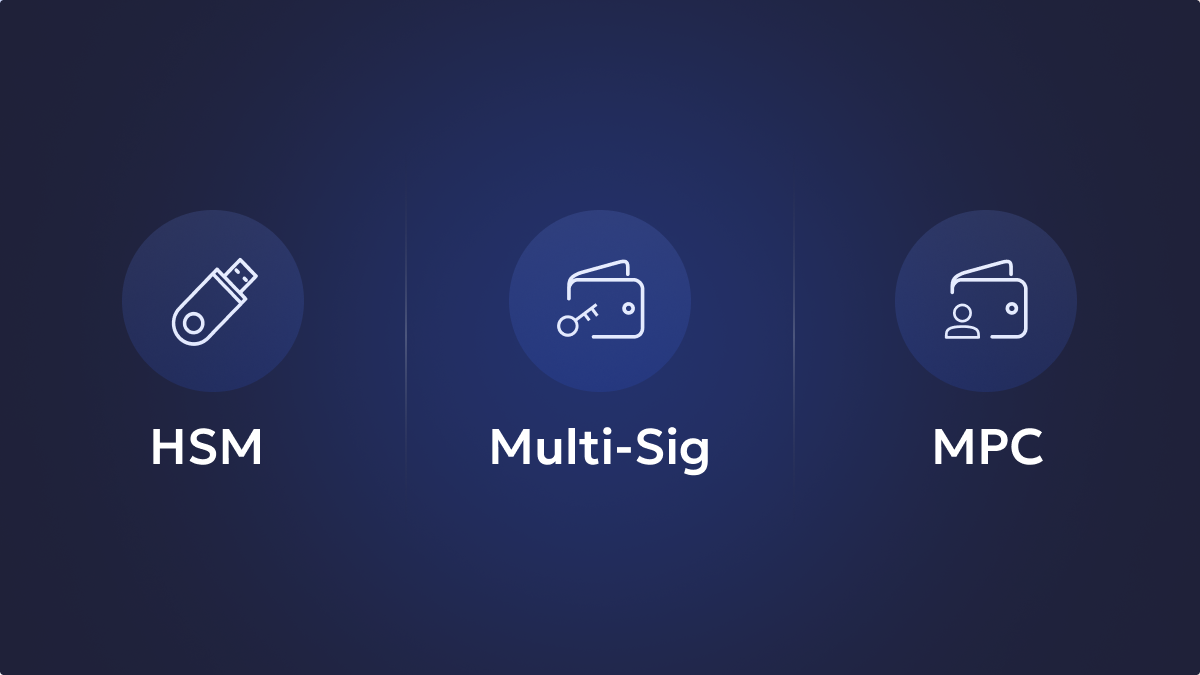Ether, also called ETH, represents an entire ecosystem that empowers individuals to unleash their creativity and build a wide array of digital wonders. Within this ecosystem, one can effortlessly develop decentralized applications (Dapps) that operate flawlessly, thanks to recent innovations like smart contracts. Additionally, it facilitates the creation of personalized tokens such as ERC-20 tokens, non-fungible tokens (NFTs), and virtually anything imaginable.
Embracing Ether has the potential to unlock a world of innovation for your company and support all your entrepreneurial pursuits. As the realm of cryptocurrencies continues its rapid evolution, ERC-20 tokens have emerged as a prominent force in the market. Understanding the significance of ERC-20 tokens is essential.
Key Takeaways
- The ERC 20 token has the property to create each crypto token identical to every other token in terms of datatype and value.
Unlock the potential of digital assets for your institution
What is an ERC 20 token?
ERC-20 is the established protocol for developing fungible tokens on the Ethereum blockchain. Unlike non-fungible tokens (NFTs), which possess unique characteristics and cannot be exchanged one-for-one, fungible tokens are interchangeable.
By utilizing ERC-20 tokens, developers can create tokens enabled with smart contracts, making them compatible with various products and services. These tokens represent assets, rights, ownership, access, cryptocurrencies, or any other item that lacks inherent uniqueness but can be transferred from one entity to another.
Properties of ERC 20 tokens:
ERC-20 tokens represent the predominant type of tokens employed within the Ethereum network. Primarily referred to as utility tokens, they are specifically designed to facilitate payments for various functions. Moreover, these tokens can also be utilized for transactions involving goods and services. Here are the key characteristics of ERC-20 tokens:
Secure and manage your digital assets with Liminal
1. Fungible: Each token possesses an identical code, ensuring interchangeability with other tokens. However, transaction histories make it possible to trace and differentiate the individual tokens involved.
2. Transferable: ERC-20 tokens can be seamlessly sent from one address to another, enabling efficient peer-to-peer transfers.
3. Fixed supply: A predetermined quantity of tokens is established during their creation to maintain token integrity. This ensures developers cannot generate additional tokens and artificially inflate the token supply.
Purpose of the ERC 20 token standards:
Tokens constructed in adherence to these specifications possess the capability to execute the following functions:
1. Total Amount: It provides comprehensive information concerning the overall supply of available tokens.
2. Balance Of: This function retrieves data about the account owner’s current financial status.
3. Transfer: This function aims to send a specified quantity of tokens to a designated address.
4. Transfer From: Acting as a conduit, this function facilitates the movement of tokens from one address to another, with the tokens being received from the provided address.
5. Approve: This function proves useful when a user intends to withdraw a specific number of tokens from a specified account.
6. Allowance: This critical function ensures the repayment of a predetermined quantity of tokens from the spender to the owner.
How are ERC-20 tokens used?
The primary purpose of ERC-20 tokens is to seamlessly integrate with smart contracts, which are pre-programmed agreements that automatically execute when specific conditions are met. Smart contracts are often associated with vending machines, as they perform a particular function only when certain circumstances are fulfilled. Like inserting money and pressing a button to receive a product from a vending machine, smart contracts enable transactions without human intervention. This design fosters “trustless” transactions, a fundamental characteristic of the Ethereum blockchain and ERC-20 tokens.
ERC-20 tokens exhibit fungibility, meaning each token holds the same value as any other token. This quality makes them suitable for exchange purposes and enables them to offer governance voting rights to holders and create opportunities for passive interest income through staking rewards. Moreover, ERC 20 tokens grant holders access to engaging in popular decentralized finance (DeFi) applications and activities exclusive to Ethereum, including blockchain gaming and the trading of non-fungible tokens (NFTs).
Examples of cryptocurrencies based on the ERC 20 standards:
Following the finalization of the ERC-20 token standard, an impressive number of over 500,000 tokens compatible with ERC-20 have been issued. Among the notable ERC-20 tokens are:
1. Uniswap (UNI): Functioning as a decentralized exchange (DEX), Uniswap empowers users to swap tokens directly without the need for a centralized intermediary.
2. Decentraland (MANA): As the foundational token for the metaverse platform Decentraland, MANA tokens are burned to acquire non-fungible LAND tokens, representing virtual land plots.
3. ApeCoin (APE): As the utility and governance token for the Bored Ape Yacht Club ecosystem, ApeCoin is associated with the immensely popular Bored Ape PFP (profile picture) NFT collection.
4. Aave (AAVE): AAVE serves as the native token of Aave, a decentralized finance (DeFi) lending platform, enabling users to engage in various lending and borrowing activities.
These leading ERC-20 tokens highlight the diverse applications and ecosystems developed on the Ethereum network, showcasing the versatility and potential of ERC-20 tokens in various sectors of the cryptocurrency landscape.
What is an ERC-20 wallet?
ERC-20 wallets operate similarly to other cryptocurrency wallets, with the distinction that they are specifically designed to manage Ethereum-compatible tokens alongside tokens from other standards. Various ERC-20 crypto wallets exist, including hardware, web-based, and mobile wallets. Crypto-wallet providers such as Liminal offer a comprehensive self-custody wallet solution that is accessible both on mobile and desktop platforms, enabling users to utilize their crypto assets on the go conveniently. Such wallets are designed to strike a balance between user-friendliness for newcomers and advanced features tailored to experienced cryptocurrency enthusiasts. These wallets provide a seamless experience for managing ERC-20 tokens and offer a range of functions to cater to diverse user needs.
Conclusion
ERC-20 represents the standard protocol for developing fungible tokens with smart contract capabilities, specifically designed for integration within the Ethereum ecosystem. It is important to note that ERC20 is the basis for many of these proposed protocol enhancements, underscoring its foundational role in shaping these advancements in the web3 ecosystem.






